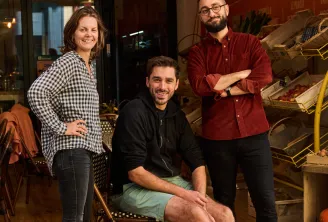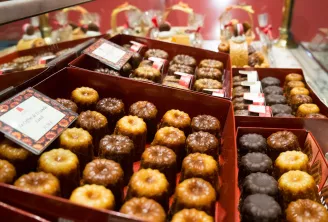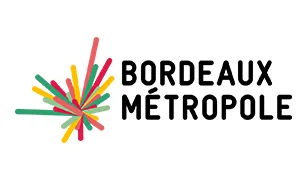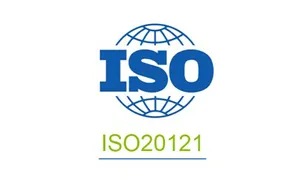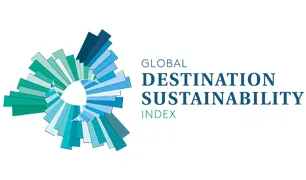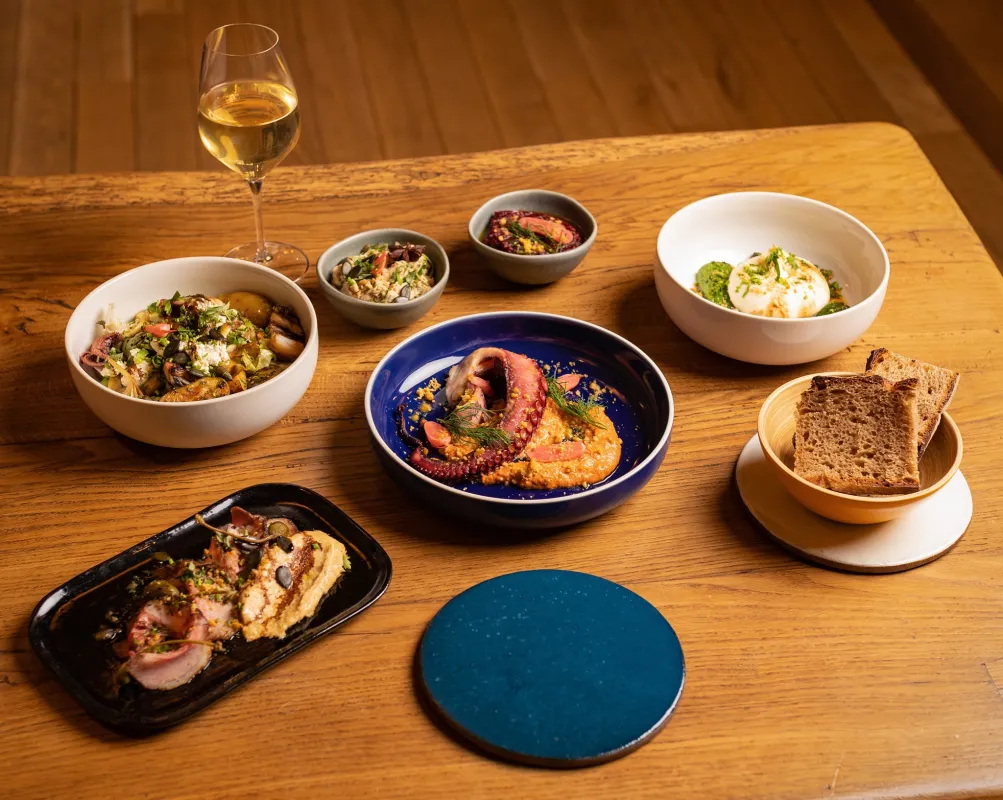
Bordeaux chefs commit to sustainable gastronomy
More and more Bordeaux restaurateurs are turning to more sustainable cuisine. Local products, short food supply chains, selective sorting, veganism... There are many commitments to feeding gourmets while respecting the planet. Three of them tell us about their committed and passionate path!

